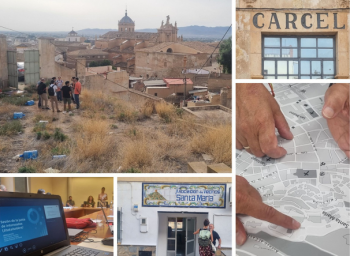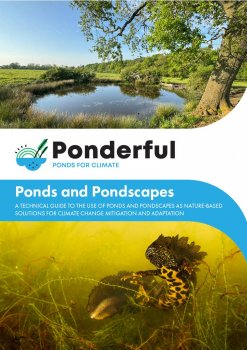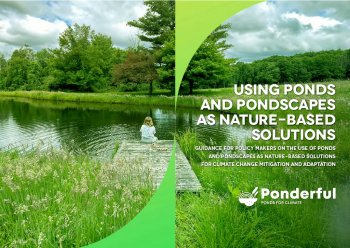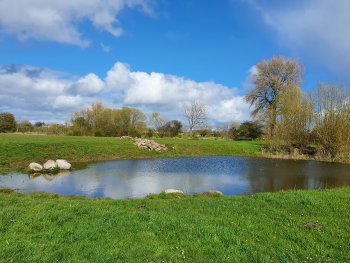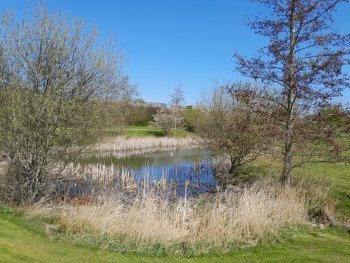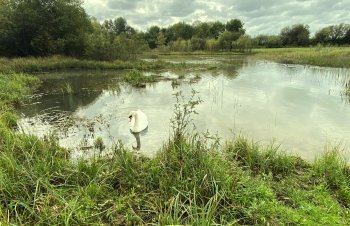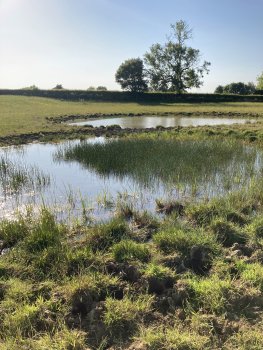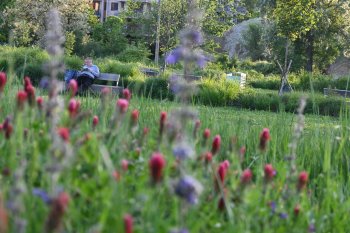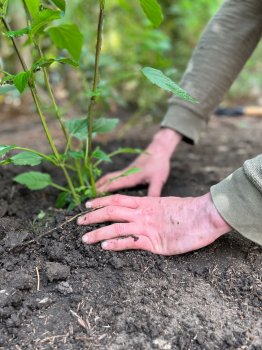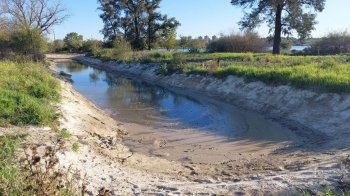NatUR-W: Nature-based Urban Regeneration through Water (Lorca - Spain)
The aim of NatUR-W is to address urban challenges brought about by energy poverty and climate change, in particular extreme heat events and water scarcity. Through this project, the city of Lorca in Murcia is developing and implementing ‘NatUR-W Plans’ to meet these challenges. The proposed solution respects the natural water cycle, using innovative, inclusive, sustainable and self-sufficient Nature-based Solutions (NbS) to improve the energy efficiency of social housing and public buildings, create more green space, and regenerate the historic city centre.

